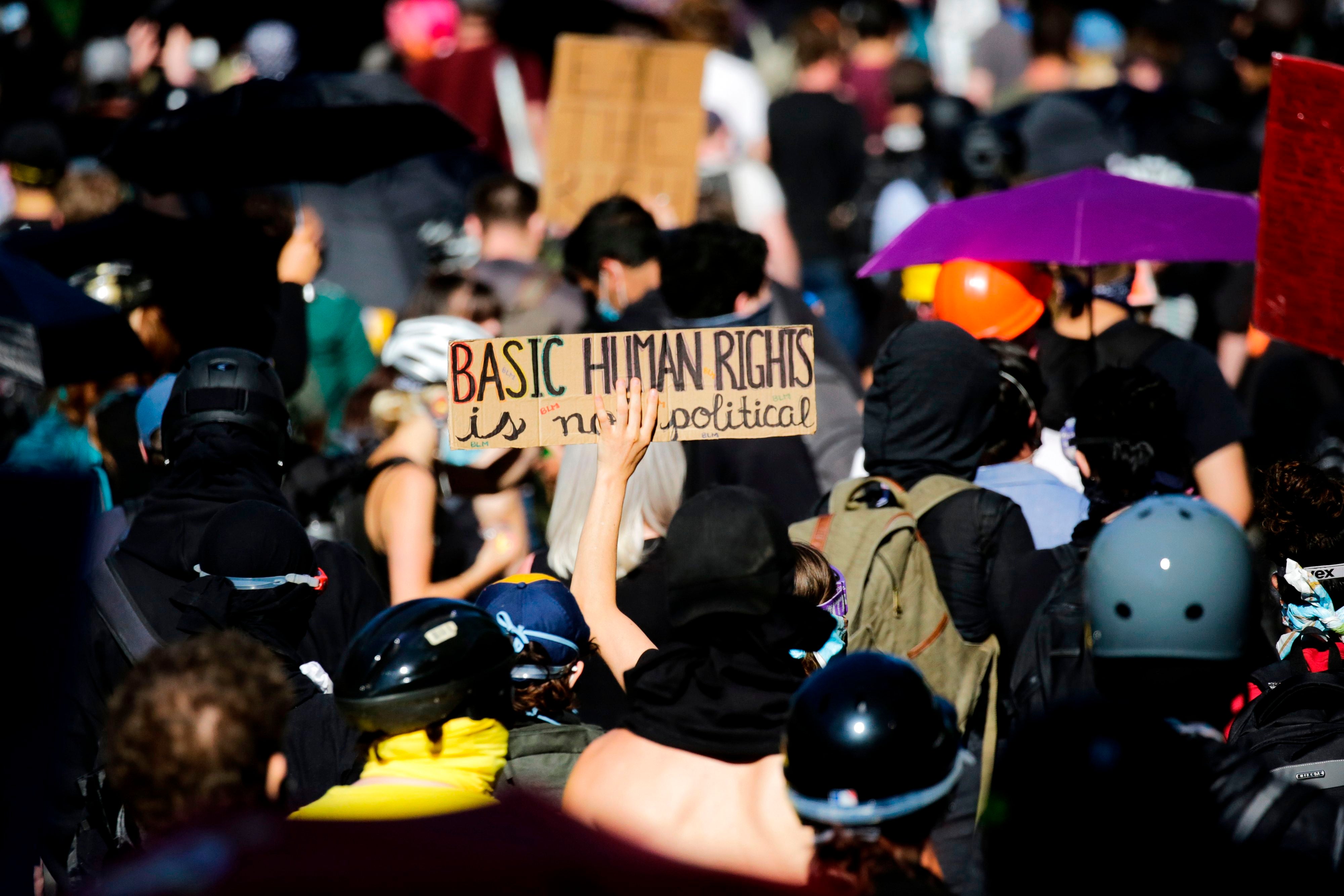Washington’s biggest county bans police use of facial recognition
It’s part of a growing movement across America to limit the reach of the powerful, often-flawed technology

Your support helps us to tell the story
From reproductive rights to climate change to Big Tech, The Independent is on the ground when the story is developing. Whether it's investigating the financials of Elon Musk's pro-Trump PAC or producing our latest documentary, 'The A Word', which shines a light on the American women fighting for reproductive rights, we know how important it is to parse out the facts from the messaging.
At such a critical moment in US history, we need reporters on the ground. Your donation allows us to keep sending journalists to speak to both sides of the story.
The Independent is trusted by Americans across the entire political spectrum. And unlike many other quality news outlets, we choose not to lock Americans out of our reporting and analysis with paywalls. We believe quality journalism should be available to everyone, paid for by those who can afford it.
Your support makes all the difference.The Washington state county that’s home to both Amazon and Microsoft just banned government use of facial recognition technology, a highly symbolic action in the backyard of the two tech giants, both of which manufacture such software.
On Tuesday, King County, home to Seattle and 2.3 million or so people, unanimously voted to curtail use of facial recognition, which is increasingly being criticized for proven bias towards people of colour.
"The use of facial recognition technology by government agencies poses distinct threats to our residents, including potential misidentification, bias, and the erosion of our civil liberties," county council member Jeanne Kohl-Welles, who sponsored the effort, said in a statement. "The use or misuse of these technologies has potentially devastating consequences which the new ordinance will help to prevent."
Pressure has been building in recent years to limit the use of facial recognition technology, seen as a powerful surveillance tool with equally powerful biases. Studies in the US and UK have shown popular facial recognition software is often less accurate with the faces of people of colour. Last summer, for example, a Black man in Michigan was wrongfully detained when a facial recognition program misidentified him as a shoplifting suspect.
In more extreme examples, authoritarian governments like China use the software as a key tool in repression and surveillance efforts like the crackdown and mass imprisonment in Xinjiang against Chinese minority groups.
Scrutiny of the software became especially acute during last summer’s widespread civil rights protests in the US, and Amazon, Microsoft, and IBM all announced various changes and limits to their facial recognition business with governments.
Amazon, among the largest providers of facial software to law enforcement, was seen as a particularly significant change, after it put a one-year pause on the police use of its software.
“A year is a start,” Kade Crockford, the director of the technology liberty program at the ACLU of Massachusetts, told the MIT Technology Review last summer, when the pause went into effect. “It is absolutely an admission on the company’s part, at least implicitly, that what racial justice advocates have been telling them for two years is correct: face surveillance technology endangers Black and brown people in the United States. That’s a remarkable admission.”
Sensitivities around police overreach are particularly visceral in Seattle, where heavily armed federal troops were sent to quell Black Lives Matter Protests in the city and accused of abuses, though local police haven’t used facial recognition since 2018.
Liberal urban areas around the country have been at the forefront of banning the practice, with cities like Oakland, San Francisco, and Boston banning facial recognition.



Join our commenting forum
Join thought-provoking conversations, follow other Independent readers and see their replies
Comments